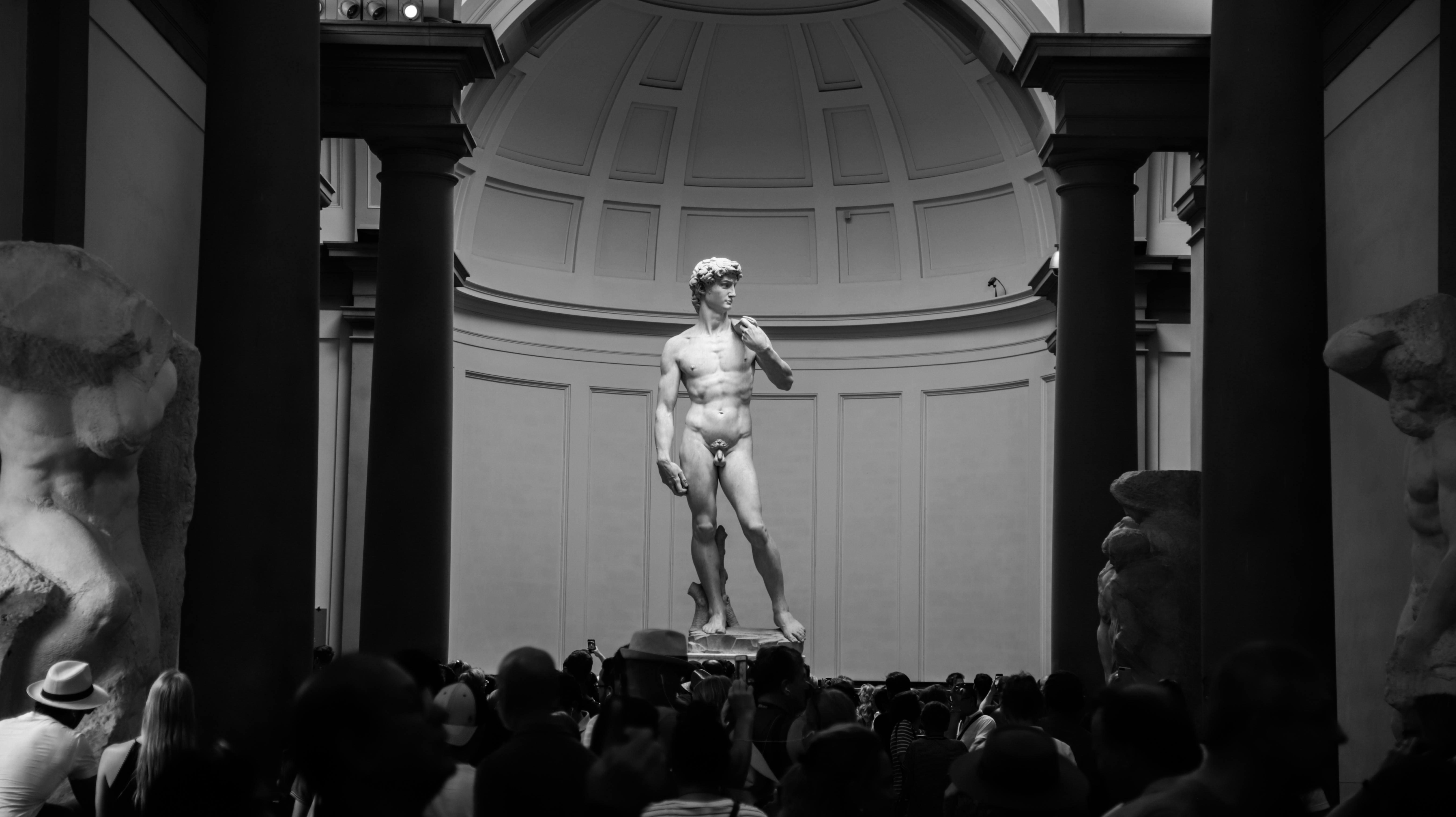Dr. Breus: When working with Rosie O’Donnell from the television show “The View,” she also had obstructive sleep apnea. We talked about it nationally on TV with her, and she stopped dreaming more than 250 times in one night.
Kevin: Wow! So how do you know what is happening? They don’t know what is happening!
Dr. Breus: They have no idea. And that is what is so scary in this situation with the dream. It’s that you wake up and you don’t feel so hot, but you have no idea what was going on.
Kevin: Correct.
Dr. Breus: So there are several ways to get there. Sometimes it is a formal sleep study. Sometimes it is even easier than that. Sometimes it’s just asking your bed partner “Hey, did you hear me snore?” or “Have you heard me stop breathing in my sleep?” or things like that. Because, again, that can be a really big factor. But all these different things, be it a sleep disorder or messy sleep, cause sleep deprivation.
Kevin: Yes.
Dr. Breus: And that’s the real big trick here. It is not necessarily stopping breathing while you sleep that is not so good for you, although, trust me, having low oxygen levels is not good. Because it can cause a stroke and a heart attack and things like that.
Kevin: Mm hmm.
Dr. Breus: But what happens is this: your brain says “Good God! There is no oxygen.” And it wakes you up. And it’s like an alarm clock that goes off all night.
Kevin: Two hundred times.
Dr. Breus: [Every] five or ten minutes.
Kevin: Yes.
Dr. Breus: I mean, think about it. If an alarm clock rang every five minutes throughout the night, how good would it feel the next morning?
Kevin: [Laughs] Terrible.
Dr. Breus: Well, you would feel pretty bad.
Kevin: Yes.
Dr. Breus: Well, every time you do that, whether it’s from sleep apnea or insomnia or restless life syndrome or what I call disordered sleep, it causes lack of sleep. And sleep deprivation affects several different areas. The first area it affects is cognition or creative process thinking. You know that when we are at work or at home, or we are trying to solve problems or find new solutions, we have a real big problem if we are too sleepy to do so. Do you know what I’m saying?
Kevin: I’m pretty sure there are a lot of callers on the line right now and they’ve experienced it.
Dr. Breus: Yes. No doubt about it. Another big area is reaction time. So how quickly do we react to external stimulants?
Kevin: Mm hmm.
Dr. Breus: It turns out to be an important factor, due to lack of sleep. So what does that mean? Driving a car, great factor. This is a great example: daylight saving time. We all just experienced this, the spring forward look. What we lose – about an hour of sleep –
Kevin: Correct. Dr. Breus: Well, did you know that the two days after daylight saving time are the number one and two days for car accidents?
Kevin: Get out of here. That is incredible.
Dr. Breus: Yes.
Kevin: Hmm.
Dr. Breus: And that’s for losing an hour of sleep. Now you would think “Oh, so what I lose an hour. It’s not a big deal.” The truth of the matter is, it turns out to be a bigger problem because we are a sleep deprived nation. The average individual sleeps approximately 6.9 hours per night. But what we’re finding is when we really look at that a little bit more closely (because that’s what they report) it’s about 6.9 hours, what you see now, seven hours of sleep. That is not so bad.
Kevin: Mm hmm.
Dr. Breus: When we actually study them in the lab, it turns out that they are approaching 5.9 hours of sleep.
Kevin: Seriously? And the difference is …
Dr. Breus: About an hour of sleep, and then when talking about people who are sleeping six hours instead of seven, that’s almost a full sleep cycle towards the end of the night, which can have a great deal to do with memory. , reaction time, creativity, whatever.
Kevin: Yes. Well, without being too detailed, can you get into a sleep cycle?
Dr. Breus: Safe. So what happens when you go into a sleep cycle? First of all, people should know that sleep is not just an on-off switch. It doesn’t work that way. You don’t just walk into a room, turn off the light, and you’re asleep. It’s more like taking your foot slowly off the gas
Kevin: Yes.
Dr. Breus: Several things must be released and several things must happen for that change to take place. But once [you actually], your body calms down and calms down enough to fall asleep, that’s when things start to get interesting. Therefore, we measure sleep in multiple different ways, but mainly through brain waves, or what we call EEG. Now people have probably seen it, you know?[Grey’s] Anatomy “and, you know,” ER “, you usually think we see the line flipping on the screen,
Kevin: Mm hmm.
Dr. Breus: Well, there are different waveforms that we can identify that will tell us what stages of sleep people are in. And that has to do with how quickly information moves through your brain. So right when you close your eyes, you have an alpha wave, which is a kind of quiet biofeedback situation where you are relaxed somewhere between seven and nine. [hertz], then seven to nine cycles per second of your brain moving back and forth. After that, go to stage one of the dream. and Stage Two dream. Now stage one and stage two of sleep are hard to tell apart. There are a couple of different benchmarks, and we don’t have to go into all their details. But basically, Stage Two sleep takes up almost fifty percent of your night, as an adult.
Kevin: Good.
Dr. Breus: But when he was a kid, it only made up about twenty percent of his night. And when I was a baby [laughs] it hardly represents anything of your night.
Kevin: Good.
Dr. Breus: So if I take a baby and connect it to an EEG, almost all of it is deep sleep, which we as adults are lucky if we are between eighteen and twenty percent. [of our night hour]
Kevin: Good.
Dr. Breus: And that’s the dream to wake up and feel good. That’s the “Wow! I feel recharged. I feel refreshed. I feel ready to face the day.”
Kevin: Good.
Dr. Breus: Good. Babies also have a little more REM sleep or rapid eye movement sleep. Now a lot of people say “Well, Micheal, isn’t that the dream you dream of?” Well yes and no. You have a major [preponderance] dreaming during REM sleep. But you can actually dream at any stage of sleep, believe it or not. Most people don’t know. And the way you can prove it to yourself is that if you ever fall asleep on the couch and have had a dream, you know that you probably want to sleep that long. For the average person, it takes eighty to 120 minutes to reach REM sleep.
Kevin: OK that’s fine.
Dr. Breus: So it turns out there is a big difference there. So again, you don’t need to only dream during REM sleep. So you have a greater tendency to dream, but you can dream during any stage of sleep.
Kevin: Good.
Dr. Breus: Let’s go back to some of the facts of the dream,
Kevin: Safe.
Dr. Breus: Health provision. It also affects the way we heal ourselves. One of the things we know is that the research studies shown here, hospitals, show that people who sleep better in the hospital actually heal better. We know that people lose weight best when they are not sleep deprived and when … they get into the details of that in a bit.
Kevin: Mm hmm.
Dr. Breus: We know that we defend ourselves against disease. There was a fantastic study that showed that people who get the flu vaccine actually find that they are less effective when they are sleepy. I mean, think about it. Think of all the people who go out and get the flu shot. And if they are deprived of sleep, they are doing themselves no good. You know what I mean? Depression is a completely different factor. One of the things we are beginning to learn now is that sleep deprived people are more likely to have depression. And people who have a genetic propensity for depression can start out in bed, as if they are sleep deprived.
Kevin: Good.
Dr. Breus: So it is something quite serious. When we look at just women, in general, there are some pretty amazing stats here too. Seventy-five percent of menopausal women experience hot flashes, agree. Hot flashes will affect your sleep. Forty percent of menopausal women have trouble sleeping caused by hot flashes. So what we’re talking about now is that roughly thirty-five percent of all menopausal women have trouble sleeping. And all women go through menopause.
Kevin: Wow.
Dr. Breus: So that’s a pretty tremendous section of the population that is going to have trouble sleeping, just from the hormonal changes of life.




